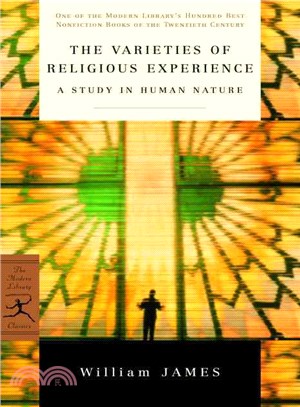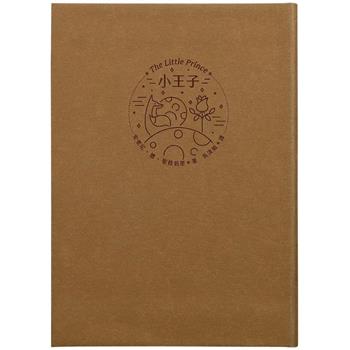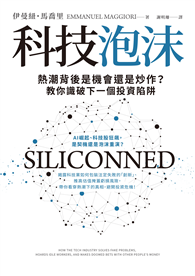Paving the way for all modern spiritual thought, The Varieties of Religious Experience was revolutionary in its view of religious life as centered not within the Church, but solely within the person. James, a vivid, subtle stylist writing for the skeptical, nonspecialist reader, was the first to define spirituality as "the feelings, acts, and experiences of individual men in their solitude."
One hundred years after its publication James's work remains even more vital than before. Beyond its influence on the founding of Alcoholics Anonymous, beyond its influence on launching the American pastoral counseling movement, and beyond its role in spawning the psychology of religion, it remains a book that empowers individuals and inspires readers with erudition, insight, and kindness. No discussion of current religion - from the fundamentalist revival to the New Age movement - is complete without an appreciation of this groundbreaking work.











